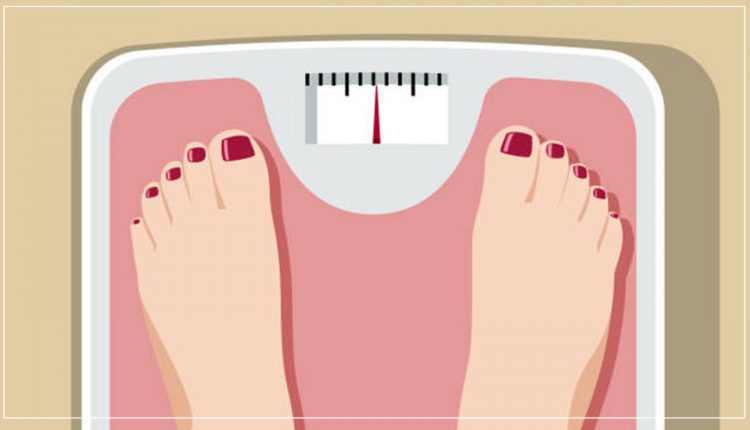
4 Things You Need To Know About Obesity
Obesity is the result of a gross imbalance between the calories consumed and the calories utilized by the body. This harmful increase in weight can be attributed to an unhealthy increase in the consumption of calorie rich foods, a decrease in physical activity levels, or due to medical reasons. Obesity has become a global concern, with more and more people suffering from obesity related health issues in several countries around the world. The good news is that even a slow and steady weight loss pattern can reduce the negative effects of obesity and diminish the chances of suffering from the detrimental effects that excess fat can have on your body.
1. How Will I Know If I Am Obese?
Your body mass index (BMI) is an indicator of where you stand as far as your weight is concerned. It uses your weight in kilograms (kg) and height in meters (m squared) to ascertain whether you fall on the spectrum of underweight, healthy, overweight or obese. Your doctor can help you determine your BMI. The following BMI values are universally accepted and followed by all medical experts:
- Underweight: BMI below 18.5
- Normal: BMI between 18.5 to 24.9
- Overweight: BMI between 25.0 and 29.9
- Obese (I): BMI between 30.0 and 34.9
- Obese (II): BMI between 35.0 and 39.9
- Extreme obesity (III): BMI of 40.0 and higher
2. What Could Be The Causes Of My Obesity?
There are several reasons for obesity, as discussed below. Regardless of the cause of your obesity, always remember that weight loss is possible. It will seem challenging when you first start out on adopting a healthy lifestyle, exercising regularly and eating a diet rich in low-calorie foods. However, keep the end goal in mind and keep reminding yourself that you are taking control of your health and lowering your chances of suffering from weight related health problems. Obesity could be caused by:
An Unhealthy lifestyle:
Poor dietary choices, inactivity, and an unhealthy sleep cycle can all contribute to weight gain. If allowed to persist over a long period of time, they can lead to obesity. A diet that is rich in high calorie foods and low in nutritious natural foods (such as fruits and vegetables), a sleep cycle that is irregular and inadequate (less than 6-8 hours of sleep), and low levels of physical activity, are all contributing factors to obesity.
Medications And Medical Issues:
Certain medications can also cause excess weight gain and eventually lead to obesity. Ask your doctor if the medication being prescribed to you causes weight gain. If yes, work out a plan that includes healthy eating and regular exercise to counter the side-effects of the medicine. Diseases and other medical conditions such as Cushing’s syndrome and low thyroid functioning can also contribute to obesity.
Pregnancy:
Most women naturally put on weight during pregnancy. While some find it easy to revert back to their pre-pregnancy weight, others are unable to shed the excess fat as easily.
3. What Are The Weight-Related Health Concerns Of Obesity?
Being obese can increase the individual’s vulnerability to several debilitating and long-term diseases such as stroke, high blood pressure, type II diabetes, cholesterol, cancer, breathing disorders such as sleep apnea, gynecological problems and sexual health concerns, liver disease, skin disorders, and osteoarthritis. In general, obesity also affects ones quality of life, making it difficult to engage in routine activities and to do everything that one may enjoy doing. As a result, obese individuals tend to suffer from depression, lower work performance and achievements, social isolation, varying levels of disability, and feelings of shame and guilt.
4. How Can I Become Healthier?
Keep in mind that there is no quick solution to obesity. Your efforts will require time, patience and the utmost dedication. This does not mean that a healthy lifestyle is not possible. You can become healthier and enjoy improved physical and mental wellness if you stick to the treatment plan advised by your doctor. Weight Tracker App will devise an eating plan, an exercise plan, and perhaps a plan for daily habits, for you to follow for the next few weeks or months. In very rare cases, when the level of obesity has life-threatening consequences, your doctor may recommend weight loss surgery. This is not a recommended treatment option for obesity and is only utilized if a person’s life is at risk.
Remember, your health and wellness is the greatest possession you own. Treasure it and take care of it. Obesity is not irreversible; you can become healthy and fit. All you need to do is believe in yourself, surround yourself with people who will motivate you and support you, celebrate the completion of your mini weight loss goals, and never lose sight of your eventual target.

